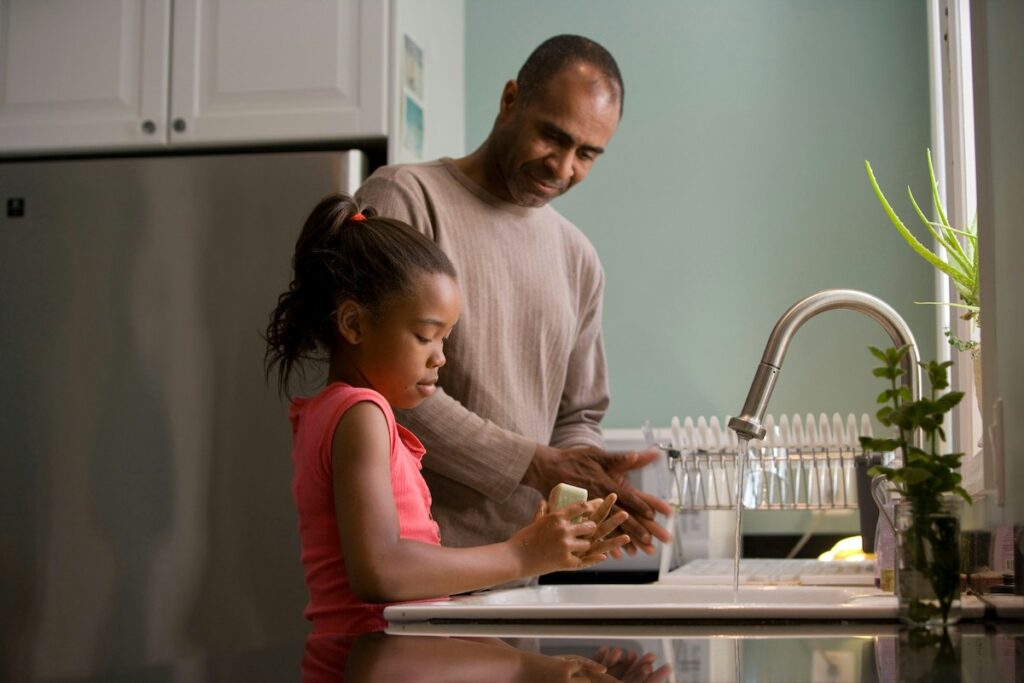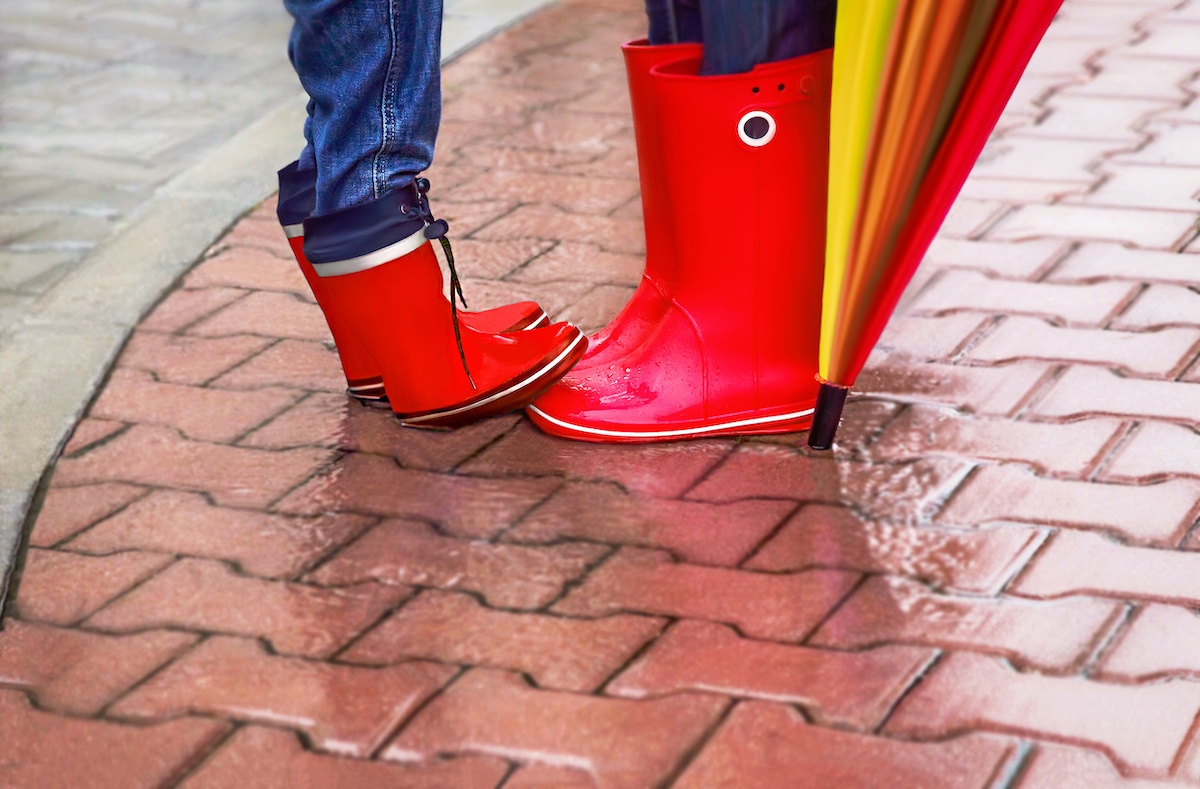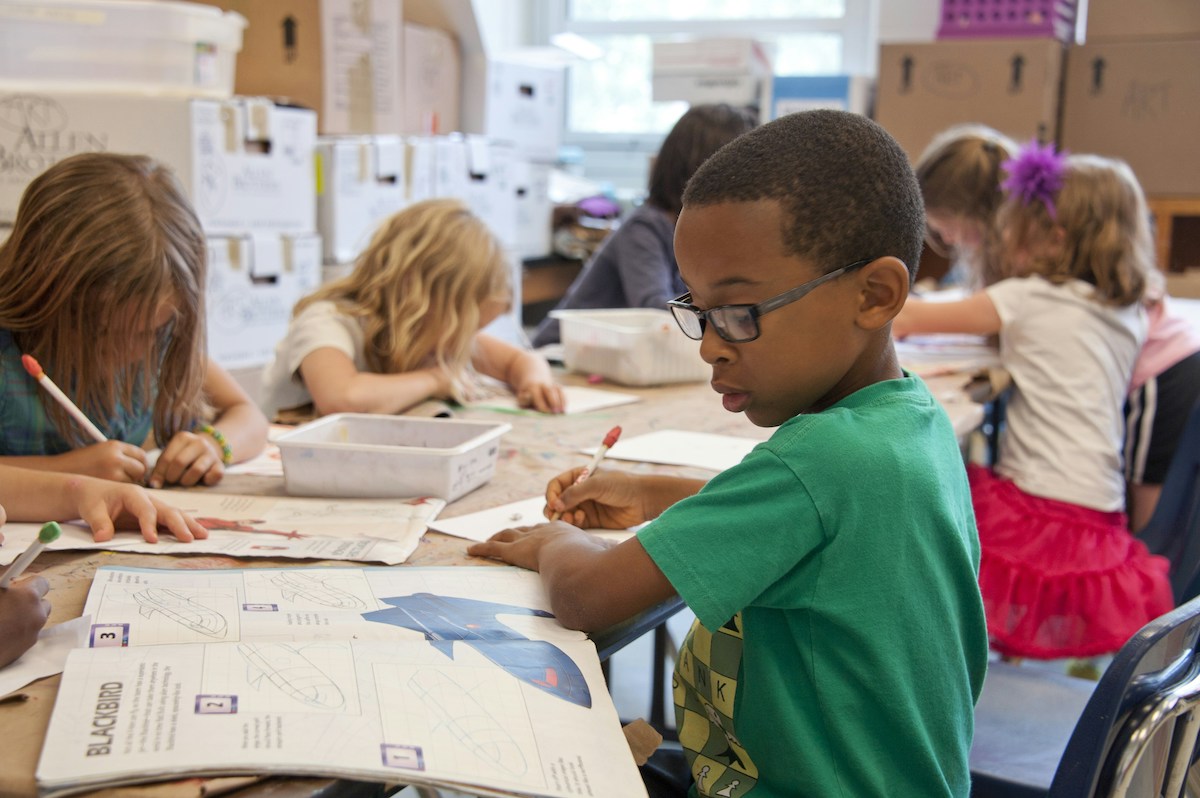Today, ParentData is delighted to bring you an excerpt from Dr. Aliza Pressman’s book The 5 Principles of Parenting, which was released this week. The book builds on her wonderful podcast, Raising Good Humans, and provides practical advice for getting through the toughest parts of parenting. This excerpt is on rules and limits for kids of all ages, something I know many of us (I am looking at myself here) struggle with. Enjoy! – Emily
Give yourself permission to parent
Lin came to me, resigned to the chaos in her household. She’d given her fourth and fifth graders phones, and really had no idea who they were talking to at this point. The kids’ teachers had started assigning homework the previous year, but the family hadn’t established a time or a place for schoolwork. Lin wanted to talk about some boundaries for the future, but when I asked her about what already wasn’t working, she shrugged, “I’m afraid that ship has sailed.”
I gently reminded her that she’s allowed to change her mind, turn that ship around, and establish new expectations. Sometimes we think everybody’s ready for something new, and it turns out they’re not; the kids weren’t ready to manage their phone and homework time, and Lin wasn’t ready to monitor it. It’s okay to regroup and reevaluate.
Lin sighed. “I’m not sure if my kids will let me.”
I actually hear that line all too often, and it’s a line I hope parents can stop repeating. If you find yourself saying that your child won’t let you parent them, ask yourself what you mean by that. Do you mean physically? Your children are pinning you down? Do you mean your child won’t approach you with a smile on their face? What do you mean?
It’s never too late to implement rules — that is, boundaries and appropriate limits — but it also might be time to get comfortable being the bad guy. As long as your children are living with you or spending significant time with you, that ship has most certainly not sailed. It may even be a time to ask yourself if saying that the ship has sailed really means “I’m not comfortable dealing with the extreme reactions and feelings that will come from my kids, so in order to keep myself comfortable, I’m going to just accept defeat.”
Practice saying no in the mirror. How does that “no” feel on the body for you? Practice standing your ground — it will get easier!

CDC/Upsplash
Be clear about expectations
Setting appropriate limits means making clear your expectations of your child’s behavior. An example of an expectation is a parent telling their child to keep their hands to themselves, not to text at the dinner table, or that there are five more minutes until bedtime. This gives children a sense of safety and predictability, and with practice and reinforcement, children can learn to meet the expectations set for them. Guiding children about the rules of society — both in the household and in the larger context — helps them understand what is expected of them.
When you need your child to do what you say, the instructions need to be clear. Get close to your child, make eye contact, and in a loving or neutral voice, tell them — don’t ask them — what to do, one step at a time. You can say “please,” because saying “please” is just a nice habit to model.
For discipline strategies to be most effective, there has to be a foundational relationship in which children feel loved and secure. Discipline that focuses on teaching rather than on punishing can strengthen a parent-child relationship and build the necessary skills children need to function effectively within their family, at school, and within their other relationships.
Here are two questions to ask yourself when you respond to your kids:
- Did I honor my child’s feelings?
- Did I make my expectations clear?
When you’re wondering if you’ve given the right response to your child’s behavior, just ask yourself, “Did I honor their feelings?” “Was I clear about the behavior that I expect?” Think back to the last conflict you had with your kid, and think about how you might answer those questions. Asking these questions won’t mean you get to live in a world of no fights and no challenging feelings; it’s just a way to know how you can check yourself and examine the way you play your part.
How your unique child responds isn’t your job. It may become your problem, but it isn’t your job. The more you allow those questions to guide your parenting behaviors, the more easily you will be able to put your hand on your heart and remind yourself: parenting is a long game.
Embrace connected consequences
We can’t protect our children from the consequences of their actions and expect them to learn. Connected consequences make things right. A punishment shuts your child’s system down, meaning there is no learning opportunity. A consequence, on the other hand, may not be something your child is thrilled about, but it creates a cause-and-effect feedback loop in which they can learn through experience. When the consequences fit the behavior, there’s no shame.
Connected consequences can be divided into natural consequences and logical consequences, if it’s helpful to think of them that way. They’re both connected to the child’s behavior, and they’re both effective. Natural consequences are ones that you have very little to do with as a parent. If your child was banging a toy against the wall and it broke, now they no longer have a toy. If your child decided not to study for a test, and then failed it, natural consequences allow them to feel the responsibility of making a wrong choice; it’s not about a punishment from you. All that’s required from you as the parent is that you refrain from going into “fix it” mode. Don’t replace the toy. Don’t call the teacher and threaten to sue them. Let your child live with the results of their decisions.
Logical consequences, in contrast, take a little more proactive response from us. We can set a consequence that’s directly related to the action. Maybe your toddler used their toy wand to hit their younger sibling, and you take the wand away for a few days until they are ready to learn to use it properly. Maybe your child sneaks their phone or iPad into their room for extra use at night, and loses phone privileges until you feel you can trust them again. That is, logical consequences reinforce what you’re teaching your child about what you expect from them in a given situation, and they allow the child to understand the connection between their own decision-making and the loss of a privilege.
When your child breaks a rule or exceeds a limit, you tie a logical consequence to that misbehavior. For example, if a child runs away when walking down the street, you might say, “If you want to continue to walk, you need to hold my hand to keep your body safe. Running away is dangerous. Or we can use the stroller.”
As kids get older, it can be helpful to start mapping out “collaborative consequences” in advance. For example, you can collaborate on the expectations and consequences at a family meeting or just in a conversation by asking, “What do you think the consequences should be if you don’t follow this plan?” This way, kids start to feel like they have some control over their experience. In another example, if you’re establishing expectations for online behavior, you can say, “If you bully someone online, what do you think the consequences should be?” And they might say, “You should take away my social media and my phone for three weeks.” Then, if they make the choice to bully someone online, they know what’s coming.

















Log in